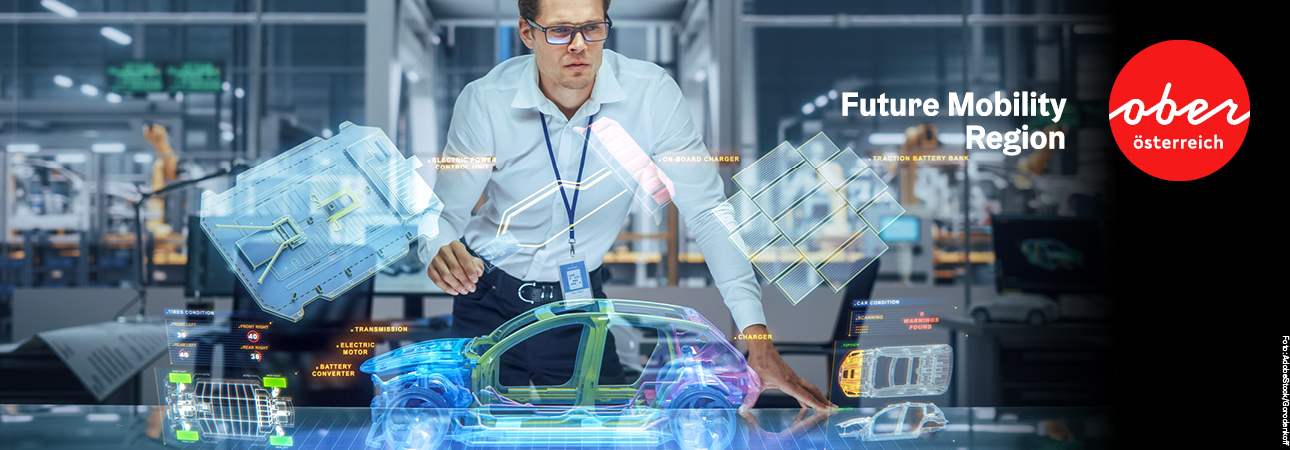Material technologies
Sustainable, affordable, smart: material technology makes a significant contribution towards achieving these characteristics in the context of mobility. Vehicles need to become lighter and lighter, while remaining affordable at the same time. But this also means an increasing focus on recyclability in the use of innovative materials and material combinations.
Companies and research institutions with expertise in the field of material technologies:








Best Practices
Innovative hydrogen tanks as a contribution towards decarbonising the transport sector
The project aims to provide an industrially viable solution for H2 storage at a cryogenic storage temperature (-180°C) and H2 compression (100 bar) by developing new ultraporous storage materials (such as activated carbons and metal-organic framework compounds) for hydrogen-powered vehicles. The intent is to produce a new type of hydrogen tank LKR (Light Alloys Centre of Excellence Ranshofen) using WAAM with specially developed aluminium and magnesium alloys.
COMET Module Polymers4Hydrogen
Polymers4Hydrogen addresses hydrogen storage challenges by developing new polymer materials with improved barrier properties as well as innovative manufacturing solutions and designs for high-pressure storage tanks without liners. Future applications for hydrogen technology include passenger cars (with a range of 500 to 700 km and a refuelling cycle of just 3-5 minutes), public transportation (zero emissions and noise pollution), rail vehicles, etc.
SMASH2 - Smart Sensor System for Hydrogen Fuel Cells
In the scope of the project, RECENDT is researching into measurement technology designed to determine the H2 concentration at neuralgic points in fuel cell systems in real-time. Robust and compact sensor solutions for ultrasonic, temperature and humidity measurement are combined to create a multimodal system which determines the H2 concentration with the highest possible accuracy (following appropriate signal processing and mathematical modelling).
Bio-based carbon materials and ceramics
The aim of the project is to develop innovative, forward-looking processes and materials for the production of carbon fibres, porous carbon materials and ceramics based on biogenic raw materials such as lignin and cellulose. Particularly promising results were obtained with porous carbon materials. It proved possible to develop bio-based activated carbon fibres with surface areas up to 3,200 m²/g. The fibres have been successfully used as electrodes in energy storage devices, and for other purposes.
AMALFI alloying and process development with a focus on aluminium and magnesium
The use of light alloys has a positive effect on the energy efficiency and CO2 emissions of aircraft and vehicles. Aluminium and magnesium are of particular interest due to their light weight and great stability. At the same time, however, these metals must be strong, corrosion-resistant, weldable, castable or formable. In collaboration with partners, the LKR (Light Alloys Centre of Excellence Ranshofen) is looking to push forward the development of innovative aluminium and magnesium alloys, taking into account various manufacturing and processing chains.






